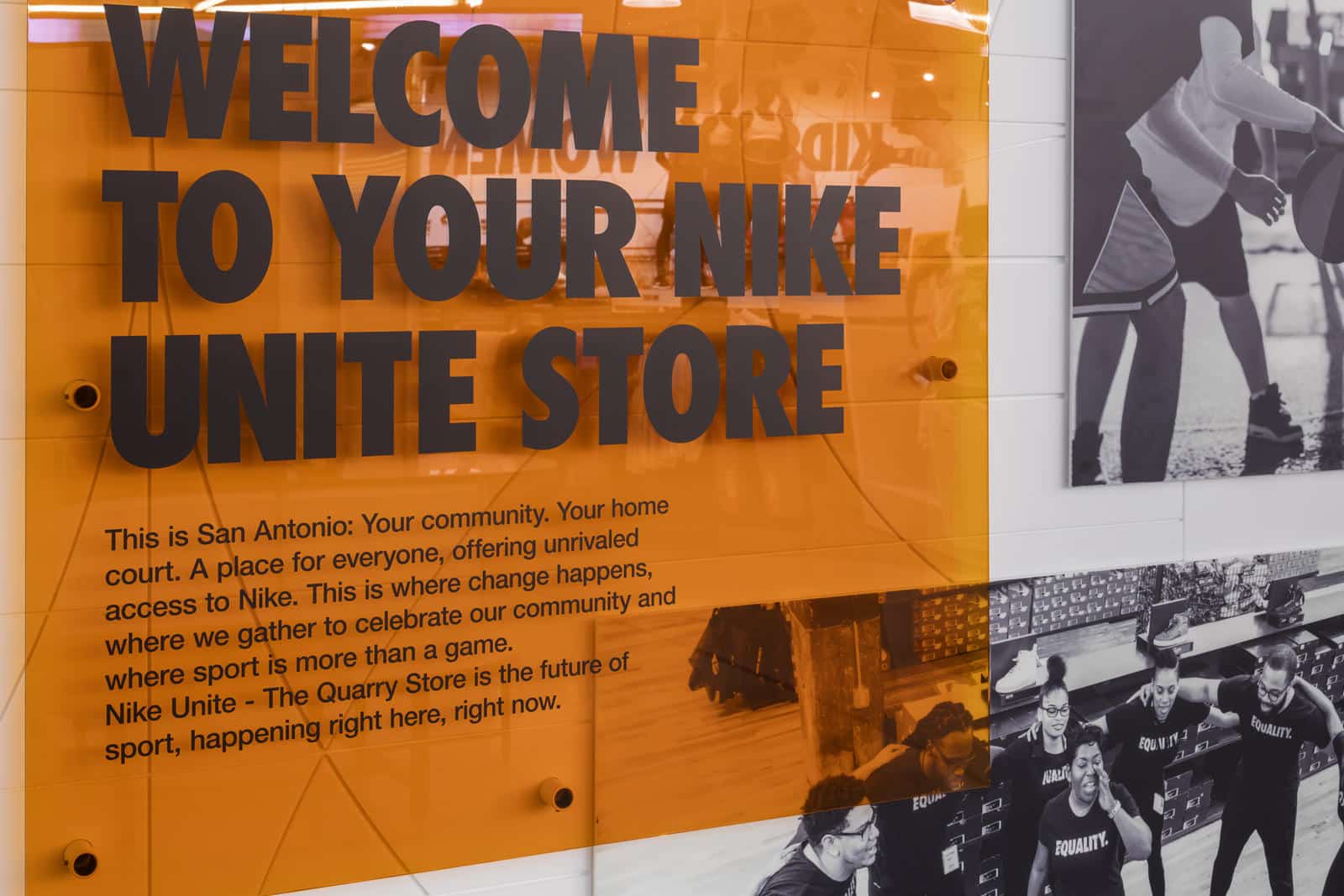Innovation and development lie at the forefront of every business venture and no one can deny that. In order to make it large, a brand must be able to conduct product or line extensions so that they are able to maintain the going concern of their businesses. Today, multiple businesses are widening their processes which eventually lead to vertical or horizontal integration in their supply chain management.
Let’s delve deeper and learn the multiple ways in which brands have been innovating their products and services.
Amazon

A tech giant which focuses on e-commerce, cloud computing and artificial intelligence has extended its product line to fit in hair salons. The company ventured into grocery stores and this move proves to be entirely unrelated to its current offerings. The highlights of these hair salons include the consumers being able to view which hairstyles would suit them best using AR and even a feature where customers can just point at a product and learn about it more.
Nike

Retail innovator Nike has come up with Nike Unite which is essentially a community-focused concept. The company presents a space that acts as a sports destination for locals and is currently based in South Korea, UK and the US. Every store offers products that are related to the tastes and interests of the locals, thus highlighting the core purpose of Nike’s new brand concept.
Burberry

In collaboration with the tech giant Tencent, the company has created the world’s first luxury social retail store. This store is located in Shenzhen, China and customers can interact with Burberry through WeChat which is a mini programme that accesses all forms of product information and allows booking of services. This app also features a rewards programme for the customers.
L’Oreal

The cosmetics giant teamed up with AKQA for this project in Shanghai which also makes use of WeChat and offers an omnichannel customer experience in L’Oreal’s House of Worth. One can get personalised skin analysis and recommendations and also offers features such as cycle rides virtually through Paris.
Levi’s

Based in London, Levi’s Haus focuses on building a space that focuses on the lifespan of a garment. This store acts as a front for ensuring that customers are able to interact more with the brand and come to them for any alterations, customisation or personalised tailoring. It also sells an exclusive range of clothes and shows customers how to take care of their garments.
The innovations done by these retail world leaders go on to say just how much it is important for brands to be able to innovate and ideate. It’s a must and every niche brand too must be able to develop products and services which ultimately keep adding more and more value to its customers.
















